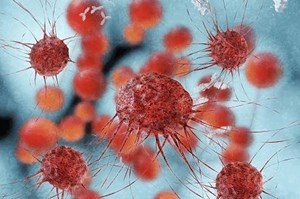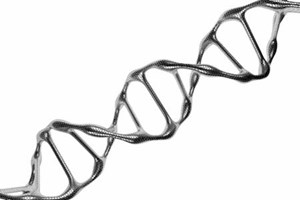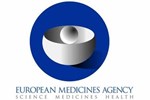FEATURED ARTICLES
 Proposed Tax Change Would Impact Clinical Research
Proposed Tax Change Would Impact Clinical Research
Pharma companies that conduct clinical research inhouse essentially get a 100 percent tax break on the expenses incurred from that research (about 70 percent of which are normally wages). If they instead outsource that research to a CRO, they may claim only 65 percent of eligible expenses. The CRO gets no tax break, so that 35 percent difference simply disappears. If a group of congressmen get their way, that situation might soon change.
-
France Tragedy Update: Bial & Biotrial At Fault; EMA Reviews Guidelines
After the clinical tragedy in France in January, the French Health Ministry has found blame with the two companies involved in the trial, noting Bial and Biotrial were at fault on several counts. The EU has guidelines in place to ensure that does not happen again.
-
France Tragedy Reminds Us Phase 1 Researchers Must Live With Tragic Results
The recent clinical research tragedy in France that resulted in the death of one patient and the hospitalization of four others shocked many who work in the clinical research space. The adverse effects experienced by the previously healthy patients, reportedly involving deep brain bleeds, were both rare and disturbing.
-
Report: EMA Recommendations Were Not Followed In France
ANSM, the national drug safety agency in France, has issued a timeline of the events that culminated in the death of one trial participant and the hospitalization of five others at a clinical trial performed at clinical research firm BIOTRIAL. As was speculated by researchers at the UK’s Royal Statistical Society (RSS) last week, the timeline confirms that all six of the volunteers who were hospitalized after the study received an escalation of the dose at the same time.





